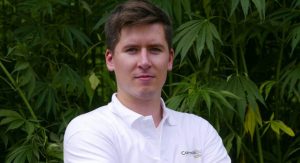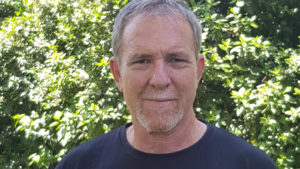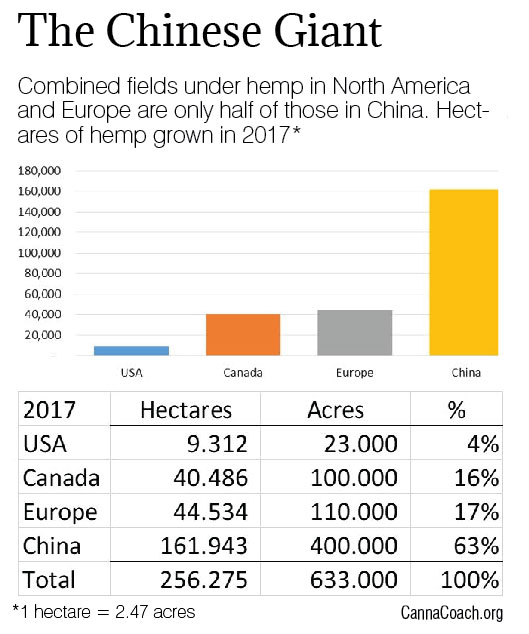Despite significant institutional challenges, the European CBD market will see strong growth for those companies that can navigate the murky waters of EU regulation while managing growth in a fast moving industry.
And while CBD represents huge global potential for the food, pharmaceutical and nutraceutical sectors, some players could end up victims of a shakeout as investors and consumers gravitate toward companies, products and brands that focus on quality and science.
Those were among key conclusions drawn from “The Future of Medical Hemp” Summit as delegates from Europe, Asia and North America met for two days of discussions at HempToday Center in Poland in late August.
Tough slogging but worth it
While varying legal frameworks country-by-country make Europe sometimes tough to navigate, the situation is manageable – and well worth it, said Jacek Kramarz, Chief of Sales at HemPoland, maker of the fast-moving CBD brand CannabiGold. The Elbląg, Poland-based firm was recently sold in what is the biggest acquisition of its kind on the continent to date.
“What’s more difficult is planning the business,” said Kramarz, noting that longer-term forecasting can be a meaningless exercise in a sector that’s growing so fast. Compounding challenges in Europe are things as pedestrian as the packaging and labeling of products – which must be carefully executed to meet local language and marketing needs as well as regulatory considerations, Kramarz noted.








